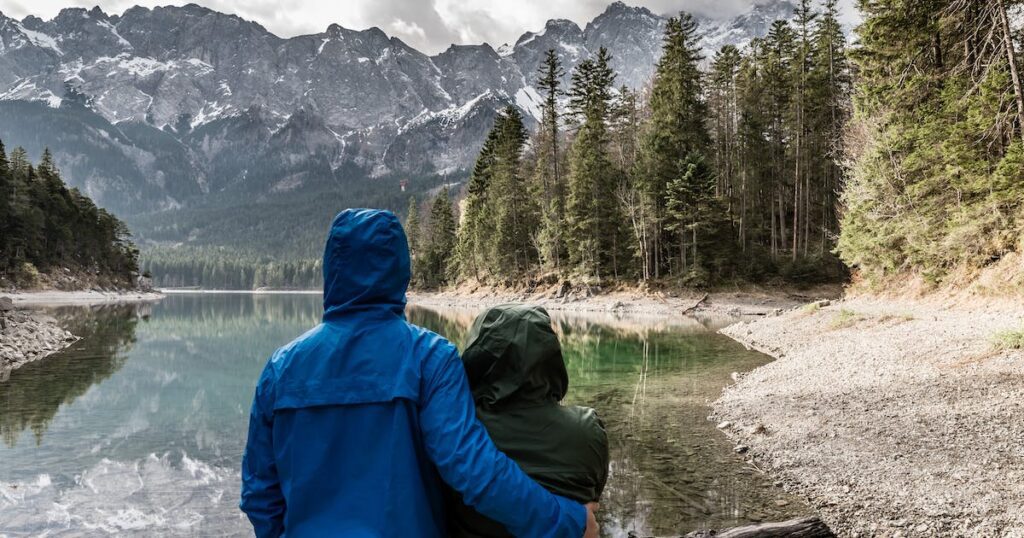Heading out to Europe interestingly can be a thrilling and groundbreaking experience. The mainland offers a rich embroidery of societies, history, and shocking scenes that can have an enduring effect. To guarantee your most memorable European experience is a smooth and paramount one, we’ve incorporated these 10 fundamental tips to assist you with capitalizing on your excursion.
1. Plan and Research Thoroughly
Prepare in Advance
Before embarking on your European journey, do your homework. Look for places, attractions, and lodging that match your interests and budget. Learn about the cultures of the nations you intend to visit.
Itinerary Flexibility
While planning is essential, also leave room for spontaneity. Europe is full of surprises, and you may stumble upon hidden gems not found in guidebooks.
2. Passport and Visa Requirements
Check Passport Validity
Check that your passport is valid for at least six months beyond the date of your return. Some European countries have this requirement, and non-compliance can lead to travel issues.
Visa Requirements
Examine the visa requirements for the countries you plan to visit. Many European nations are members of the Schengen Agreement, which allows for single-visa travel. But always verify the specific visa regulations.
3. Packing Wisely
Pack Light
European travel often involves navigating through cobblestone streets and crowded public transportation. Pack light to make your journey more comfortable and manageable.
Layered Clothing
European weather can be unpredictable. Bring layers, allowing you to adapt to changing temperatures and conditions.
Comfortable Footwear
Comfortable shoes are a must. Expect to walk a lot while exploring European cities and sites.
4. Money Matters
Currency Exchange*
Before you depart, exchange some currency for convenience upon arrival. You can also use ATMs to withdraw local currency as needed. Check with your bank about international fees.
Credit and Debit Cards
To avoid complications with your credit or debit cards, notify your bank of your trip plans. It’s a good idea to have numerous ways of payment on hand for security.
5. Local Transportation
Public Transportation
European cities have efficient and extensive public transportation systems. Research and plan your local transportation options, which may include buses, trams, subways, and trains.
Eurail Pass
Consider a Eurail Pass for extensive train travel within Europe. It can offer savings and flexibility for multi-country journeys.
6. Accommodation Options
Hostels and Guesthouses
If you’re on a budget, hostels and guesthouses can provide affordable and sociable accommodation options. Many hostels have private rooms available.
Hotels and Airbnb
Hotels vary in price and quality, so read reviews and choose one that suits your budget. Airbnb is another option that allows you to stay in local homes or apartments.
7. Language Considerations
Learn Basic Phrases
While English is widely spoken in Europe, learning a few basic phrases in the local language can be a sign of respect and enhance your travel experience.
Translation Apps
Download translation apps to help you communicate in different languages. They can be incredibly handy in a pinch.
8. Local Cuisine and Dining
Explore Local Cuisine
Don’t miss the opportunity to taste local dishes. Each country has its own culinary specialties, and trying them is an integral part of the cultural experience.
Dining Times
Keep in mind the local eating hours. Dinner is served later in the evening in many European nations than in other areas of the world.
9. Safety and Security
Travel Insurance
Purchase travel insurance to cover unexpected events, including medical emergencies, trip cancellations, and lost belongings.
Stay Aware*
Maintain vigilance and caution, especially in crowded tourist locations. Be aware of pickpockets and protect your things.
10. Embrace the Local Culture
Open-Mindedness
With an open mind, embrace the local culture. Be considerate of local customs and traditions. Interacting with natives might result in remarkable experiences.
Photography Etiquette
Respect photography etiquette. Some places may have restrictions on photography or may require a fee for taking pictures.
By following these tips, your first-time European adventure can be a smooth and enriching experience. Europe’s diversity, history, and beauty await your exploration. Be open to new experiences, savor the local cuisine, and create memories that will last a lifetime.
I’m Djavan Dias, or DJ for short. I’ve swapped corporate life for endless adventures, sharing travel tips and insights on Premier Wanderlust. Dive into a world of smart travel and unforgettable experiences with me!

